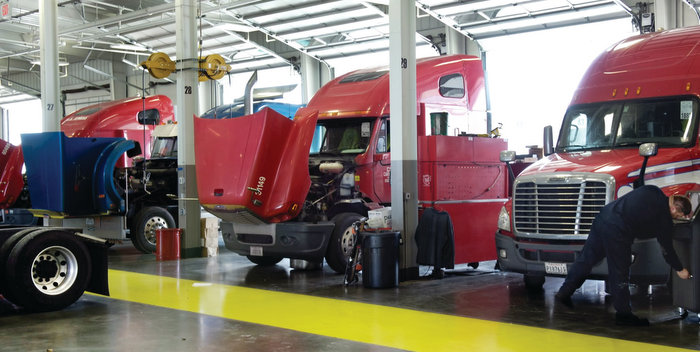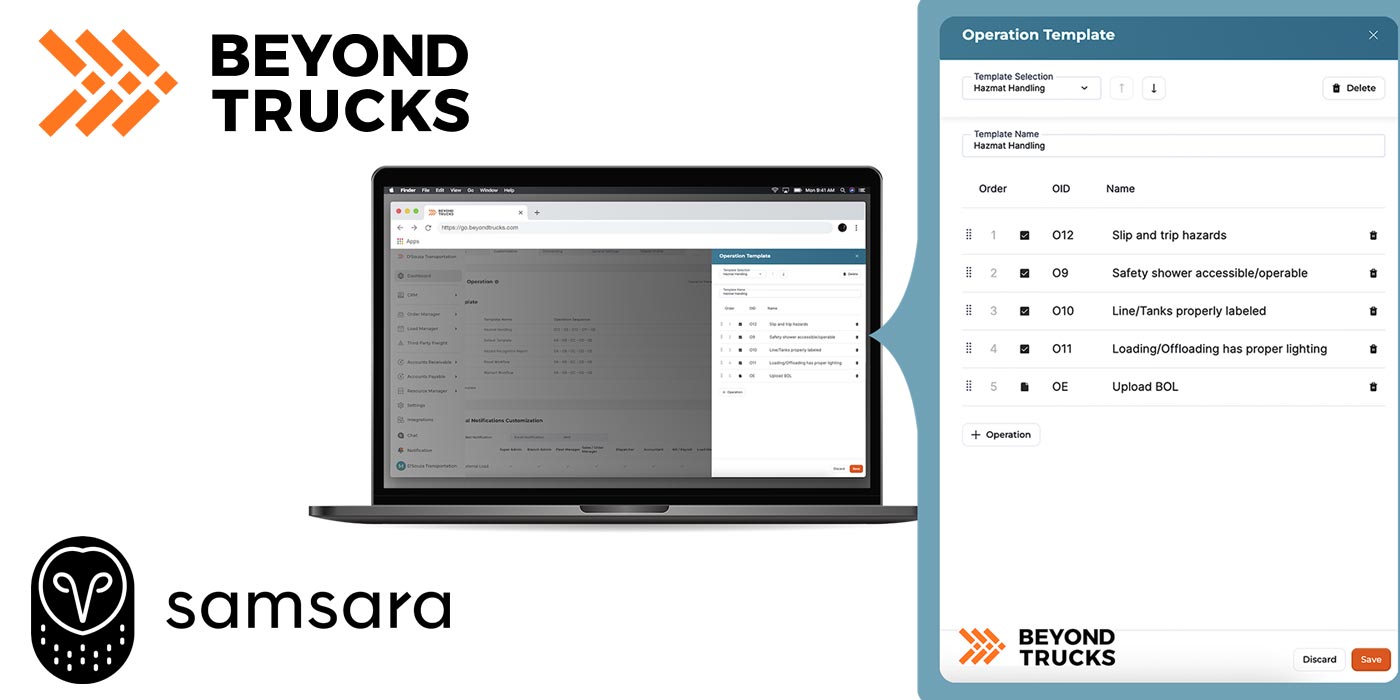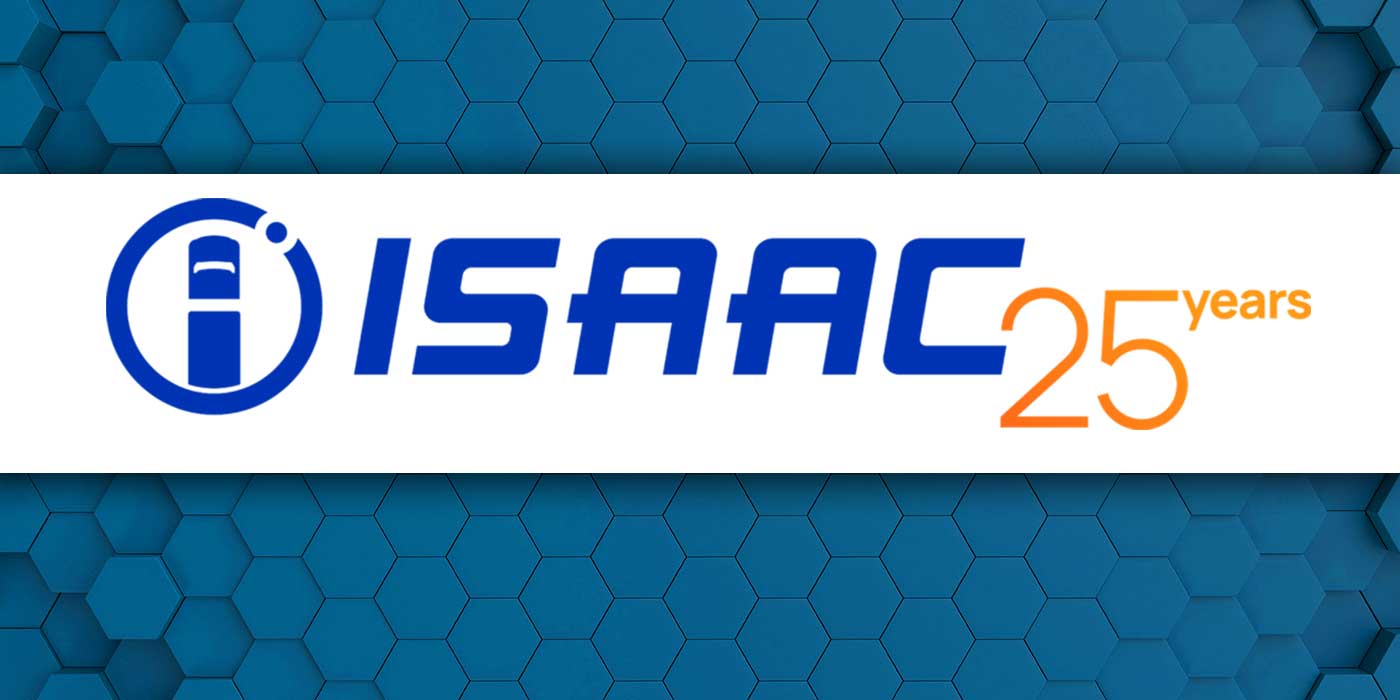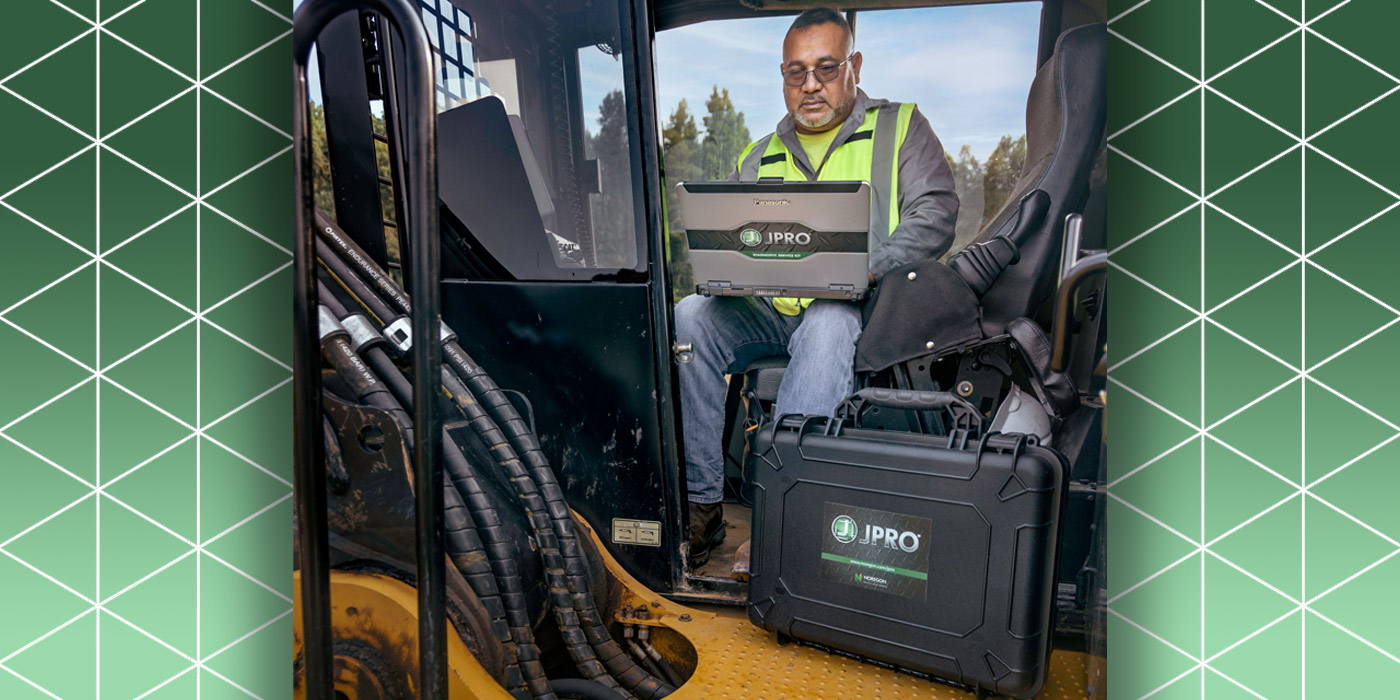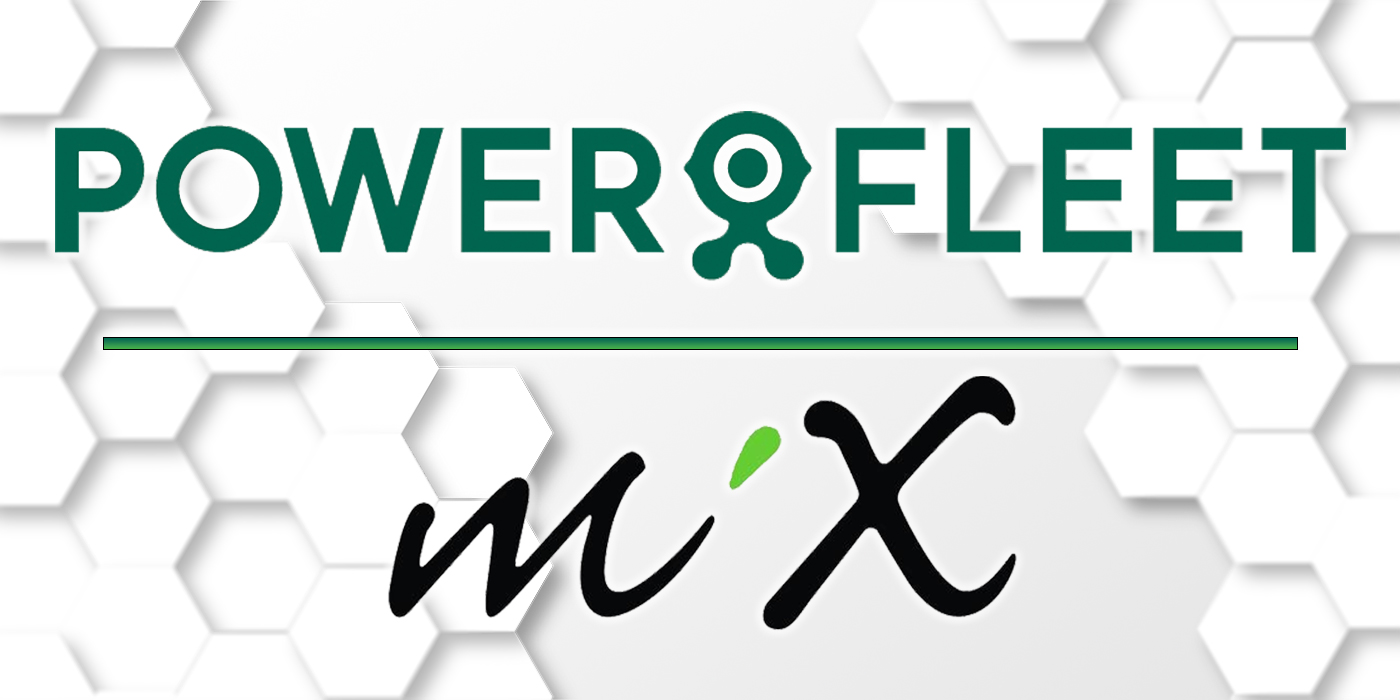Because of the various skill levels of mechanics and the increasing demands for vehicle uptime, there is usually a high degree of flexibility in the way employees perform in their jobs. Is this good or bad? In this article we will discuss the second principle of business evaluation—process.
PROCESS: Procedures Required to Operate Consistently in Every Service Segment
By having processes in place, fleets can actually be more productive and efficient. They provide the benefits of tracking effectiveness and identifying when it is necessary to adjust or modify procedures for continuous improvement and a great tool to train and evaluate employees. There are many areas of fleet operations where processes are done subliminally, while some are well-written, standard operating procedures and then in some cases, processes don’t exist at all. In describing the function and activities of these operations you will see the need and benefit of having consistent and well-documented processes in place.
Spec’ing and purchasing
The properly spec’d vehicle purchased for the best price will be critical to the life-long profitability (or loss) of an asset. Processes need to be in place to determine the proper spec’s for the application while trying to achieve fleet standardization. The result of this determination then needs to be supported internally and externally by trained mechanics, parts stock and availability and a strong, engaged dealer. Purchasing must include a system of checks and balances and a tracking system that identifies past, current and forecasted purchases that can be used for future negotiations. There also needs to be a process to entertain bids and new vender options.
Maintenance
The key to a well-maintained fleet is a well-executed preventive maintenance inspection (PMI) program. By having processes in place, you will have a consistent way of performing inspections and measuring the effectiveness of your program. When unscheduled repairs are analyzed, they are usually the result of poorly done PMIs or failure to have upgraded the PMI sheet to include certain items that now should be inspected as a proactive measure rather than repaired as a reactive measure. This also applies to manufacturer’s recommended procedures and enough flexibility to address applications and non-standard vehicle components. As part of the PMI program there also needs to be administrative processes in place to schedule and track PMIs, and to create exception reports for large fleets.
Repairs
When repairs are required, there must be processes in place to identify and communicate actions that need to be taken. These are usually done in the form of driver reports and the use of the 3-C’s: Complaint; Cause; and Correction. Scheduled and unscheduled repairs should be analyzed for root causes. Repairs made should follow manufacturer’s recommended practices and Technical Service Bulletins should be reviewed before repairs are made. Comebacks (re-work) should be identified and corrective measures should be taken. As an adjunct to the repair processes, parts usage should be reviewed to be sure stocking levels are sufficient and parts get the service life anticipated.
Warranty
The success of a warranty system and collecting on these claims is determined by the documentation on repair orders and what is written in vehicle history records. Because you pay for warranty coverage in the cost of the vehicle or perhaps purchase extended coverage, you want to legitimately get your money’s worth if you have a premature failure. You certainly need a process in place to identify which warranties are available per unit. If fleets have in-house warranty, it is imperative that they follow procedures required by the manufacturers and performed by certified, trained mechanics. If warranty is done at a supporting dealer, it is important to track downtime, frequency of repairs of similar type and incidental costs not covered by warranty.
Outsourcing
Some fleets do not have their own shops and therefore, outsource their maintenance and repairs. It is equally important that administrative processes are in place. Tracking vehicles while they are in the care and custody of a vendor is critical. Out of sight, out of mind can be very costly when uptime is so important. Vehicle status should be transparent. Processes also need to be in place to determine who your regular venders should be. Make of vehicle and service capabilities, geographic area, labor rates and business hours should all be considered when determining approved venders. As you can see, processes that are documented, kept up to date, followed and monitored, will provide your business some sanity and tremendous tools to show you where you are, what you are doing and how to get to your desired future. You can reach Vince at [email protected].

